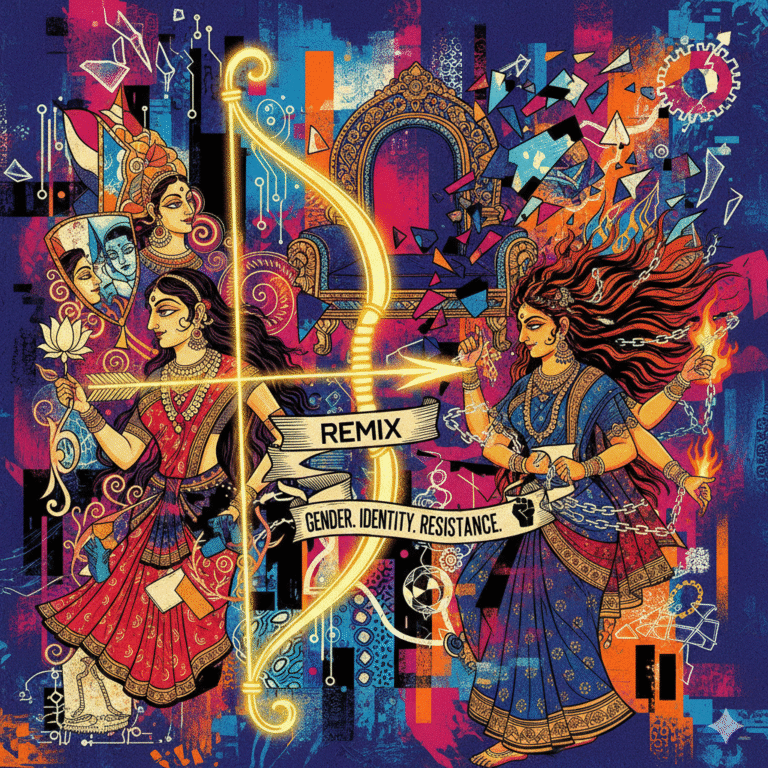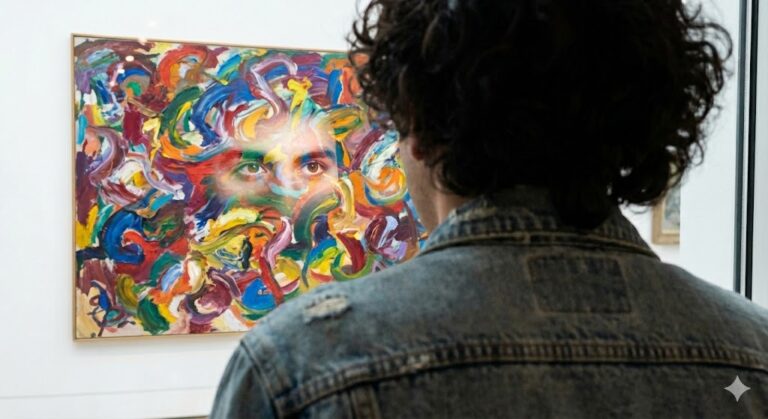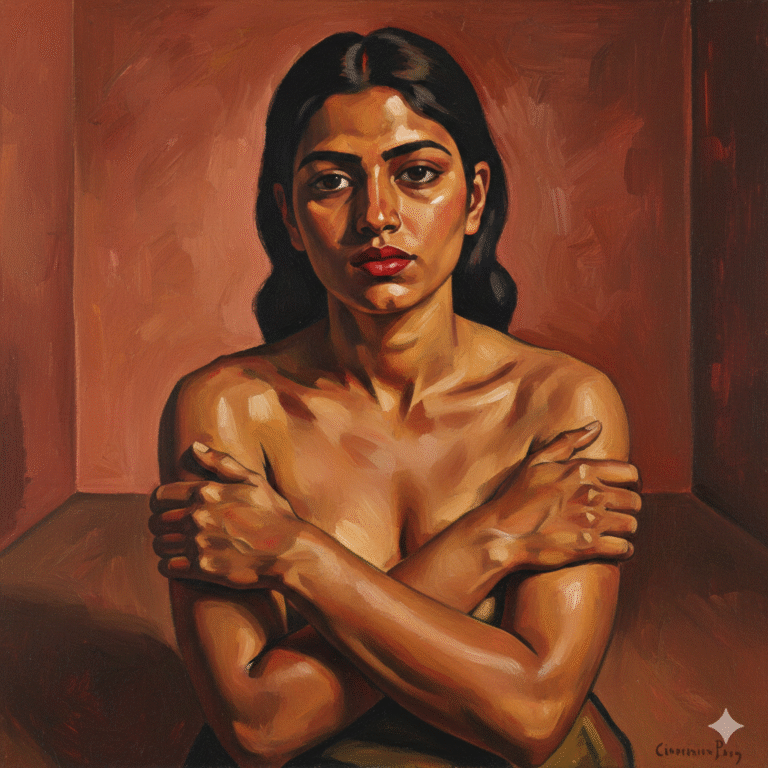If the words smell of raw meat, you can infer that the weak gutted would not be able to take them in. Yes, you feel nauseous when the rawness manifests itself in real forms. Something happens in the stomach when the words are too raw to digest, you can’t poop or puke but they are just stuck in the gut of your conscious.
Saadat Hassan Manto—the man with untreated and unprocessed words made it difficult for his readers to breathe in the air without reminding them about the nasty deeds that humans are capable of. Manto’s writings on the infamous Partition of India was not only about the facts or emotions around the event but an amalgamation of them hardened with the venom of barbarism. Manto—the man of paradoxical characteristics, loved his friends and family and would go to any extend for them but lived with a volcano of abhorrence for the inflictors of pain and the perpetrators of sadistic acts, and felt empathy for the victims of man’s vicious mentality.
He never had to rely much on his imagination because he documented what he saw happening around him; right from the lanes of brothels to the mental state of a person who lost everything to partition, his stories portrayed the truth in its naked form.
In ‘Khol Do’ Manto describes how the mind reacts to trauma when physical abuse becomes unendurable. How the body of a woman becomes a piece of meat that is ferociously grabbed and shredded thread by thread by the monsters of this society. When Sirajuddin asks some people to find out her lost daughter, Sakina; it turns out that the ‘would be’ saviors become predators and they themselves rape the girl. Here, it is not only about revenge but the mass mentality of proving ‘the false notion of heroism’ by making the physically weak suffer. Sakina’s emotions being consumed by the void, she wasn’t left with any life but became a working machine that responds to the command ‘Khol Do’. When these words are spoken, her hands automatically reach her salwar — getting ready for another set of bestial acts. The story leaves you not even with tears to shed as the horrors of the atrocities of Partition leave you numb and takes some time for the readers to get back to their senses.

Toba Tek Singh — Manto’s one of the most famous stories on Partition is an effort to mirror the madness of the outside world to that of the inmates of a mental asylum. Based on a real event of an exchange of inmates between the asylums of India and Pakistan, the story is a fictionalized one where Manto tried to depict the state of confusion that many people went through at the time of partition— how one feels clueless when everything that once belonged to her is lost to the ego of some power-seeking madmen. It is not only the materialistic belongings but the emotional bonds that are just snatched away suddenly. The very identity is lost in the chaos of dividing people based on their religions.
Truth comes with its consequences and that is what happened with Manto too. The pain, agony and shame that he tried to reveal by stripping the unnecessary covers were assumed to be obscene by the society. Manto faced trials in India and Pakistan for obscenity for Dhua, Bu, Kaali Salwaar, Khol do, Thanda Gosht and Upar Neeche Darmiyaan. To all the controversy, Manto’s answer was straight-forward:
“If you cannot bear these stories then the society is unbearable. Who am I to remove the clothes of this society, which itself is naked. I don’t even try to cover it, because it is not my job, that’s the job of dressmakers.”
― Saadat Hasan Manto






+ There are no comments
Add yours